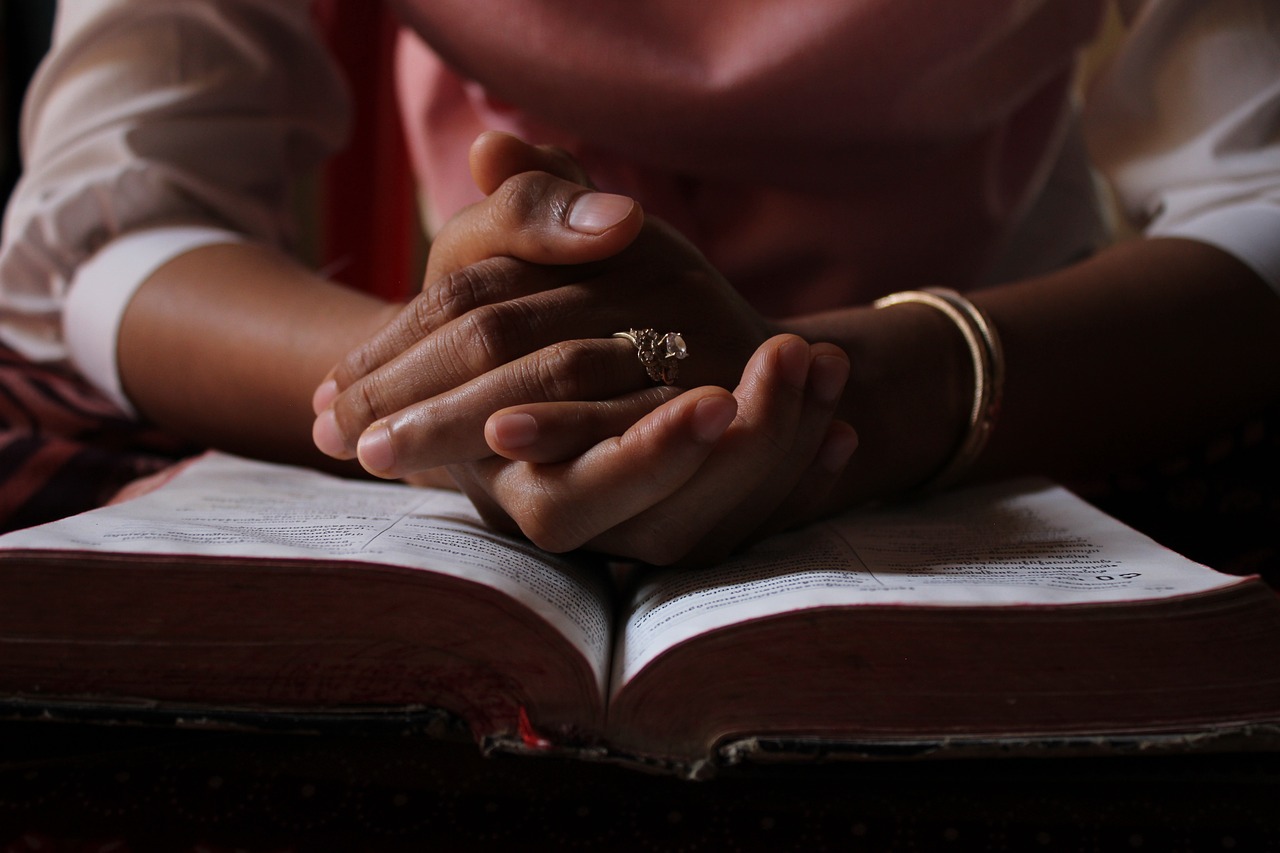The human experience, throughout history and across diverse cultures, has grappled with the concept of unseen forces that influence our lives. While modern society often prioritizes tangible explanations and scientific understanding, the notion of a spiritual realm, both benevolent and malevolent, persists. This realm, often perceived as existing beyond the physical senses, is believed by many to be a battleground where forces of good and evil contend for influence over individuals and communities. Within this framework, spiritual attacks are understood as deliberate, targeted actions by negative entities seeking to disrupt, harm, or control a person’s well-being. These attacks are not always easily discernible, often manifesting as persistent negative thoughts, emotional turmoil, unexplained physical ailments, relational strife, or a general sense of being besieged by unseen pressures.
The concept of spiritual warfare is deeply rooted in various religious and spiritual traditions. From ancient shamanic practices to the complex theological doctrines of organized religions, the idea that individuals can be subjected to supernatural assaults is a recurring theme. These assaults are not limited to dramatic, overt manifestations; they can be subtle and insidious, slowly eroding a person’s peace, joy, and sense of purpose. In many belief systems, these attacks are attributed to demonic entities, fallen angels, negative spirits, or simply the manifestation of concentrated negative energy. Regardless of the specific terminology, the underlying principle remains the same: a hostile force seeks to undermine the individual’s connection to the divine, disrupt their spiritual growth, and ultimately, derail their intended path.
In the face of such perceived attacks, many individuals turn to prayer as a primary means of defense and counteraction. Prayer, in this context, is not merely a passive petition but an active engagement with the spiritual realm. It is a declaration of faith, a call for divine intervention, and a weapon wielded against the forces of darkness. Prayer points, specifically, are focused and directed invocations that target specific areas of vulnerability and seek to dismantle the strategies of the attacker. They are designed to break the hold of negative influences, restore spiritual equilibrium, and reclaim the ground that has been lost. The need for these specific prayer points stems from the understanding that spiritual attacks often operate through targeted strategies, exploiting weaknesses and vulnerabilities in a person’s life. Therefore, a generic prayer may not be sufficient to address the specific nature of the assault. A targeted, strategic approach, using specific prayer points, is often seen as necessary to effectively combat the enemy’s tactics and reclaim spiritual victory.
The idea of “prayer points against spiritual attack” acknowledges that the spiritual realm is not a vague, amorphous entity but a dynamic arena of conflict. It recognizes that the battle is real, the stakes are high, and the need for focused, intentional spiritual warfare is paramount. These prayer points, therefore, are not simply expressions of hope but are tools designed to empower individuals to actively participate in their own liberation, drawing upon the power of their faith to overcome the challenges posed by unseen adversaries. They represent a proactive approach to spiritual well-being, acknowledging the reality of spiritual warfare and equipping individuals to stand firm in the face of adversity.
Prayers against spiritual attack:
- * Divine Shield: “Lord, surround me with Your divine shield of protection. Let no weapon formed against me prosper, and let every tongue that rises against me in judgment be condemned. (Isaiah 54:17)”
- * Blood of Jesus: “I plead the blood of Jesus over my mind, body, and spirit. Let it cleanse and protect me from all evil.”
- * Angelic Host: “Father, dispatch Your warrior angels to guard me and my loved ones. Let them fight on our behalf against all spiritual forces of darkness. (Psalm 91:11-12)”
- * Truth as Armor: “Lord, clothe me with the belt of truth, that I may stand firm against the lies of the enemy. (Ephesians 6:14)”
- * Breastplate of Righteousness: “Cover my heart with the breastplate of righteousness, that I may be protected from the darts of the wicked one. (Ephesians 6:14)”
- * Gospel of Peace: “Let my feet be shod with the preparation of the gospel of peace, that I may walk in Your ways and spread Your light. (Ephesians 6:15)”
- * Shield of Faith: “I take up the shield of faith, to extinguish all the flaming arrows of the evil one. (Ephesians 6:16)”
- * Helmet of Salvation: “Place the helmet of salvation upon my head, that my mind may be protected by Your saving grace. (Ephesians 6:17)”
- * Sword of the Spirit: “Equip me with the sword of the Spirit, which is Your Word, that I may wield it against the enemy. (Ephesians 6:17)”
- * Prayer and Supplication: “Lord, help me to pray always with all prayer and supplication in the Spirit, watching with all perseverance. (Ephesians 6:18)”
- * Binding and Loosing: “In the name of Jesus, I bind every spirit of fear, doubt, and oppression. I loose myself from their grip and declare freedom. (Matthew 18:18)”
- * Divine Light: “Father, let Your light shine into every dark corner of my life, exposing and dispelling all evil. (John 1:5)”
- * Refuge and Fortress: “Lord, be my refuge and fortress, my God, in whom I trust. (Psalm 91:2)”
- * Deliverance from Evil: “Deliver me from the evil one, and protect me from his schemes. (Matthew 6:13)”
- * Strength in Weakness: “Lord, when I am weak, then I am strong in You. Strengthen me with Your power. (2 Corinthians 12:9-10)”
- * Peace that Surpasses Understanding: “Grant me Your peace that surpasses all understanding, to guard my heart and mind in Christ Jesus. (Philippians 4:7)”
- * Victory in Jesus: “I declare victory in Jesus over every spiritual attack. I am more than a conqueror through Him who loved me. (Romans 8:37)”
- * Breaking Curses: “In the name of Jesus, I break every curse spoken against me and my family. (Galatians 3:13)”
- * Protection of Home: “Lord, protect my home and all who dwell within it from every evil influence. (Psalm 91:10)”
- * Restoration of Peace: “Restore peace to my mind and spirit, and calm every troubled thought. (John 14:27)”
- * Discerning of Spirits: “Grant me the gift of discerning of spirits, that I may recognize and resist the enemy’s tactics. (1 Corinthians 12:10)”
- * Courage and Boldness: “Fill me with courage and boldness to stand against the enemy and proclaim Your truth. (Joshua 1:9)”
- * Healing from Trauma: “Lord, heal me from any past trauma or wounds that the enemy is using against me. (Psalm 147:3)”
- * Freedom from Fear: “I reject the spirit of fear and embrace the spirit of power, love, and a sound mind. (2 Timothy 1:7)”
- * Protection of Children: “Father, place a hedge of protection around my children, shielding them from all harm. (Isaiah 54:13)”
- * Strengthening of Faith: “Strengthen my faith, Lord, that I may trust in Your power and protection. (Hebrews 11:1)”
- * Guidance and Direction: “Guide me by Your Holy Spirit, that I may walk in Your ways and avoid the enemy’s traps. (Psalm 25:5)”
- * Anointing for Victory: “Anoint me with Your power, that I may overcome every obstacle and defeat every enemy. (1 John 2:20)”
- * Rebuking the Enemy: “In the name of Jesus, I rebuke the enemy and command him to flee from me. (James 4:7)”
- * Thanksgiving for Protection: “Thank You, Lord, for Your constant protection and for Your victory over all evil. I give You all the glory. (1 Thessalonians 5:18)”
Conclusion
Prayer against spiritual attack is a practice employed by many to seek protection and strength in the face of perceived unseen forces. It provides a sense of empowerment, allowing individuals to feel they have agency in situations that feel overwhelming. This act can be a source of comfort, reducing fear and promoting a sense of calm, thereby fortifying emotional and mental well-being.
For those with religious beliefs, prayer strengthens their connection to their faith and provides a framework for understanding and addressing perceived spiritual threats. It often focuses on positive intentions, such as protection and divine assistance, shifting focus from fear to hope. Additionally, the act of prayer can encourage self-reflection, prompting individuals to examine their actions and seek to rectify any behaviors that may have contributed to feelings of spiritual attack.







